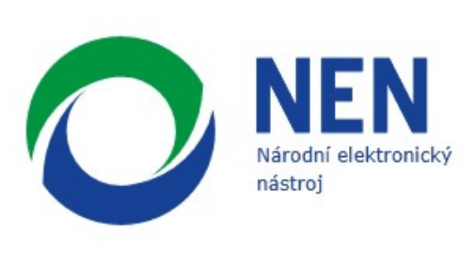Find out who must adopt electronic invoicing in Uruguay by 2025
The governments of Latin American countries have progressively implemented mandatory invoicing regimes. The transition has been marked by a constant evolution exemplified by the enactment of laws and regulations aimed at promoting the widespread use of electronic invoicing.
On 1 December 2023, Resolution Nº 2548/023 of the Uruguayan Tax Authority (DGI) was published, extending the deadline for taxpayers to implement an electronic invoicing system in Uruguay.
By 31 December 2024, the final cohort of taxpayers must join the DGI's e-invoicing portal, thus concluding the implementation of e-invoicing in Uruguay. The taxpayers that will be required to obtain the status of electronic invoice issuers before 1 January 2025 are as follows:
- This category of taxpayer is comprised of individuals who provide personal services as self-employed individuals.
- Those taxpayers who were registered as of 31 July 2023, or who registered between 1 August 2023 and 31 December 2024.
Conversely, Resolution 2389/023 stipulates that the remainder of the companies must have adopted electronic invoicing before 1 May.
When was e-invoicing implemented in Uruguay?
The General Tax Directorate (DGI), promotes electronic invoicing in Uruguay and oversees the collection of internal taxes.
Electronic invoicing was first implemented in Uruguay for large taxpayers in 2012, and has since gradually expanded under Resolution D.G.I. No. 798/2012.
In 2015, Resolution D.G.I. No. 3.012/2015 extended the obligation so that, by 2019, 90% of taxpayers would be operating electronically. Currently, over 10,000 companies have adopted the system, exchanging more than 2 billion electronic documents. This progress reflects the success and rapid adoption of electronic invoicing in Uruguay.
What is the process for exchanging e-invoices in Uruguay?
The exchange of e-invoices in Uruguay through the DGI portal is done in just 4 steps:
- Issue and validation. Taxpayers request the invoice issuance authorisation code, known as CAE (Certificates for Issuance Authorisation). The DGI then verifies the information provided and generates approved electronic invoices (electronic tax receipts) in XML format, using the data entered from the accounting and ERP systems.
- Digital signature and tax compliance. Each document is provided with an advanced electronic signature. The taxpayer administers the different CAE (Constancia de Autorización de Emisión) for the numbering of their invoices and their declaration to the DGI.
- Once the electronic invoice has been approved, it is automatically sent to the customer with a unique digital signature. While paper format is available, it requires a QR code with invoice approval data.
- Finally, electronic invoices are stored in complete security and accessibility, in compliance with the legal retention period of 5 years for both the issuer and the recipient.
Developments in e-invoicing in Latin America
An increasing number of countries are adopting invoicing systems and software that integrate with other business management solutions. Consequently, e-invoicing initiatives have demonstrated a heightened commitment to the modernisation and digitisation of processes.
The implementation of electronic invoicing in Latin America has become a pivotal aspect of the digital transformation, as it provides enhanced efficiency and transparency in commercial transactions.
In the case of Uruguay, electronic invoices are known as electronic tax receipts and have been instrumental in facilitating compliance with tax obligations, enhancing competitiveness and stimulating economic development in the region. E-invoicing has experienced significant growth in several Latin American countries.
Chile, Mexico and Brazil are pioneers in this field and have paved the way for other countries such as Ecuador, Peru, Colombia, Panama, and Costa Rica in recent years.
For instance, e-invoicing became mandatory in Ecuador in November 2022, while Peru implemented it in January 2023.
On the other hand, Colombia made a significant stride in 2021 with the implementation of electronic payroll, while Panama has mandated the issuance of B2G electronic invoices since July 2022.
Furthermore, Bolivia, El Salvador, Honduras, and the Dominican Republic are actively working towards implementing an electronic invoicing system.



